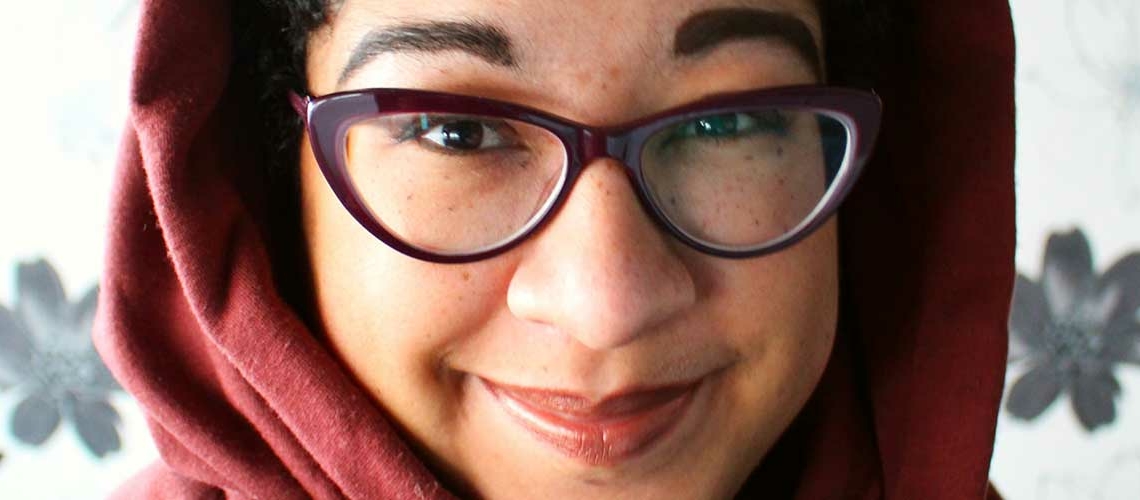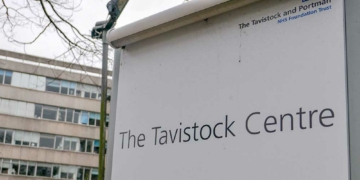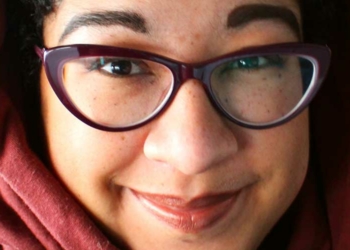I recently ordered an anthology called First Person Queer: Who We Are (So Far). The rush of serotonin I get from buying second-hand books online has, thus far, sustained me through the pandemic. Mostly I choose lesbian novels and feminist texts. But reading is supposed to expand our horizons – so I try to read more than just the books that echo my own sensibilities or affirm my beliefs. Hence, First Person Queer.
I had started to worry there was something I was becoming closed to, or simply not getting. So many of my agemates – people I was once friends with, and hold a lingering respect for – embrace the label queer. Where I see an erasure of lesbian sexuality and undermining of distinct sexual boundaries, they see an opening of possibilities for togetherness. And I thought that one among these forty essays might highlight something I’d overlooked in queer politics.
Unfortunately, First Person Queer only confirmed my reasons for ditching the label. The very first essay in the collection was by a straight person. A woman who is attracted to men, but considers herself queer because the men she’s attracted to are often bisexual or gay. In her own words, she wants to be “the straight girl at the party.” Leaving aside that fetishising of gay culture and community, what does it say that a collection meant to uplift LGBT voices gave a straight women primacy?
That’s the problem with queer in a nutshell; it’s so broad and meaningless a category that it can, and does, encompass heterosexuality. It’s also vague enough to be unthreatening to straight male egos. Straight men prefer queer women to lesbians, because lesbian sexuality is by definition closed to them. That no is non-negotiable. But with the ambiguity of queer, that door is always open.
That I have not jettisoned lesbian in favour of queer, that I am unwilling to consider any male person as a sexual or romantic partner, has led to me being ostracised by people I once considered my friends and community. There aren’t enough words in this column to describe how painful that process has been. Instead, I want to talk about the narrowing that occurs when we only engage with people whose lives and beliefs mirror our own.
Straight men prefer queer women to lesbians, because lesbian sexuality is by definition closed to them. That no is non-negotiable. But with the ambiguity of queer, that door is always open.
As far as I’m concerned, gender identity is like a religion. If others believe in it and want to live their lives in accordance with its strictures, that’s fair enough. But as a non-believer I’m not obliged to do the same. And so, in much the same way as I try to follow people of all faiths as well as none, I made a point of following people who do believe in the theory of gender identity. After all, I have no desire to live in an echo chamber on Twitter dot com; especially not one of my own making. But often this choice was taken out of my hands.
Sometimes women blocked me outright. Other times there came a soft block – I’d wonder why I hadn’t seen a particular woman on my Twitter feed for a while, check her page, and find she’d blocked then unblocked me so that neither of us would be following the other. And then, in a few cases, there were former friends who simply unfollowed – and, as it grew painful to see those women on my feed, I did the same.
In every one of those three scenarios, the result was the same. Both I and the women who severed contact were pushed a little further into our respective camps. Where before there was a possibility for connection on other issues, a chance that we might meet in the middle, now there is none. This is how the schism around gender widens.
Every time I see one woman dismiss another, either as a “TERF” or “handmaiden”, my heart sinks. That is not to suggest these terms carry equal weight – “TERF” is often used in conjunction with violently misogynistic language or threats, and has repeatedly served to legitimise male violence against women. That being said, the words serve a similar function. If a woman is a “TERF” or a “handmaiden”, she can be automatically dismissed. You don’t have to understand her ideas, never mind engage with them. Or bother doing the difficult work of coalition – work that is vital to feminist movement building.
I’ve seen women blame different factors for the widening of this schism. Cancel culture. Social media. Misinformation. And I think there is an element of truth in all three. But I also believe that unless we make a conscious effort to stay open to one another, our politics and movements grow smaller. And so do we.
Claire Heuchan is an author, essayist, and Black radical feminist. She writes the award-winning blog, Sister Outrider.
























Comments
No comments yet, be the first to leave a comment.